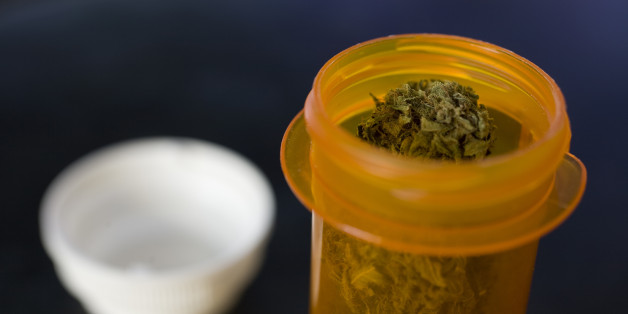Medical Marijuana Laws Linked to Fewer Sick Days

Employees have fewer sick days following the legalization of medical marijuana.
According to the results of a just published study in the journal Health Economics, the enactment of statewide medical cannabis laws is associated with a decrease in the number of reported workplace absences due to sickness.
An economist from the University of Wisconsin analyzed work absence data following the passage of medical marijuana laws in 24 states, with an emphasis on sickness-related absenteeism among individuals most likely to be eligible for cannabis therapy.
Those full-time employees between the ages of 50 and 59 were 13% less likely to report absences due to illness following medical marijuana legalization. Those ages 40 to 49 were 11% less likely to do so, and those ages 30 to 39 were 16% less likely to report a medical-related absence.
“Although there is not a direct identification of those who use marijuana for medical purposes in the data, overall sickness absence is reduced for those in age and gender groups most likely to be cardholders,” the author concluded. “The results of this paper therefore suggest that medical marijuana legalization would decrease costs for employers as it has reduced self-reported absence from work due to illness/medical issues.”
Separate analyses of behavioral trends in medical marijuana states have reported reduced levels of opioid abuse, prescription drug spending and obesity-related medical costs.
The full text of the study, “The Effect of Medical Marijuana on Sicknesses Absence,” appears in Health Economics here.
If you enjoyed this Freedom Leaf article, consider subscribing today!

